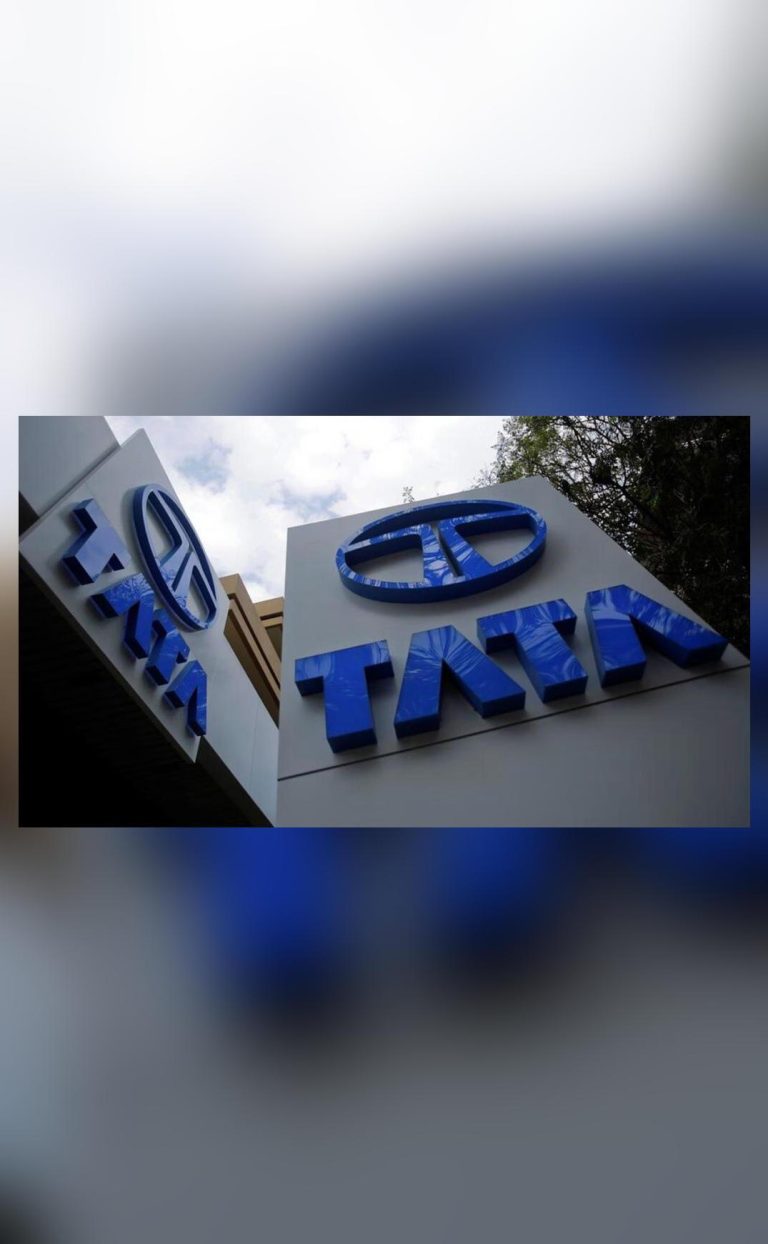
Walmart CEO Sells $1.9 mn Shares, Retail Sentiment Turns Neutral
In a recent development, Walmart CEO Doug McMillon sold $1.86 million worth of shares under a pre-approved plan, as reported by the Securities and Exchange Commission (SEC). This sale is part of McMillon’s routine monthly divestments, which have been averaging $2.7 million. Despite this sale, McMillon still holds an impressive 5.4 million shares of the retail giant.
The news of McMillon’s sale has had an impact on the retail sentiment on Stocktwits, with the community shifting from a “bullish” to a “neutral” outlook on the company’s shares. This change in sentiment comes as Walmart’s stock price has risen by 8% year-to-date, a growth that is slightly trailing the S&P 500’s 8.7% gain. The shift in sentiment can be attributed to the company’s recent price hikes and job cuts, which have raised concerns among investors.
Walmart’s price hike strategy has been a key aspect of its efforts to combat inflation and maintain profitability. The company has been steadily increasing prices across its product lines, including groceries, electronics, and clothing. While this move has helped the company maintain its profit margins, it has also led to concerns among consumers who are already grappling with rising costs of living.
The job cuts, on the other hand, have been a necessary step for the company to streamline its operations and reduce costs. Walmart has been focusing on improving its e-commerce capabilities and investing in digital transformation, which requires significant resources. The job cuts are aimed at reducing costs and increasing efficiency, allowing the company to allocate its resources more effectively.
Despite these challenges, Walmart remains one of the largest and most successful retailers in the world. The company’s scale, reach, and diversification have allowed it to navigate the challenges of the retail industry with relative ease. Its ability to adapt to changing consumer preferences and market trends has also been a key factor in its success.
Walmart’s e-commerce business has been a significant contributor to its growth in recent years. The company has been investing heavily in its digital capabilities, including the acquisition of e-commerce platforms and the development of its own e-commerce infrastructure. This investment has paid off, with Walmart’s e-commerce sales growing rapidly and becoming an increasingly important channel for the company.
In addition to its e-commerce business, Walmart has also been focusing on its brick-and-mortar stores. The company has been investing in its store remodels, improving the shopping experience for its customers and increasing the efficiency of its operations. Walmart has also been expanding its services, including grocery pickup and delivery, to make shopping more convenient for its customers.
In conclusion, while McMillon’s sale of shares has raised some questions about the company’s future prospects, it is important to remember that this is part of his routine divestments. Walmart’s recent price hikes and job cuts may have raised some concerns among investors, but the company’s scale, reach, and diversification make it a resilient and successful retailer. As the retail landscape continues to evolve, Walmart is well-positioned to navigate the challenges and capitalize on the opportunities that arise.






